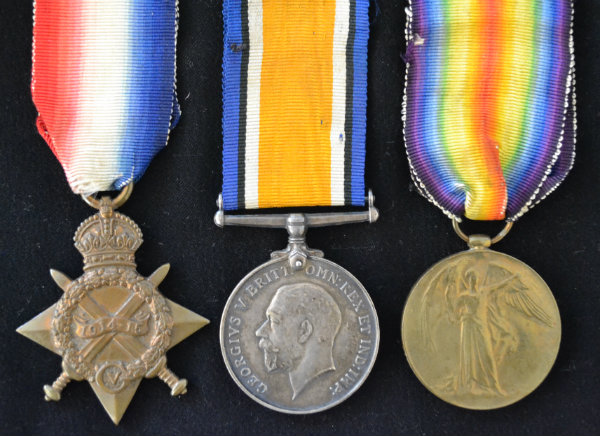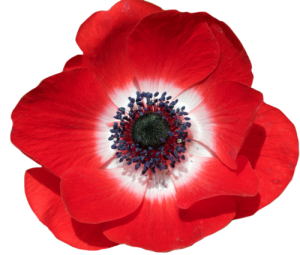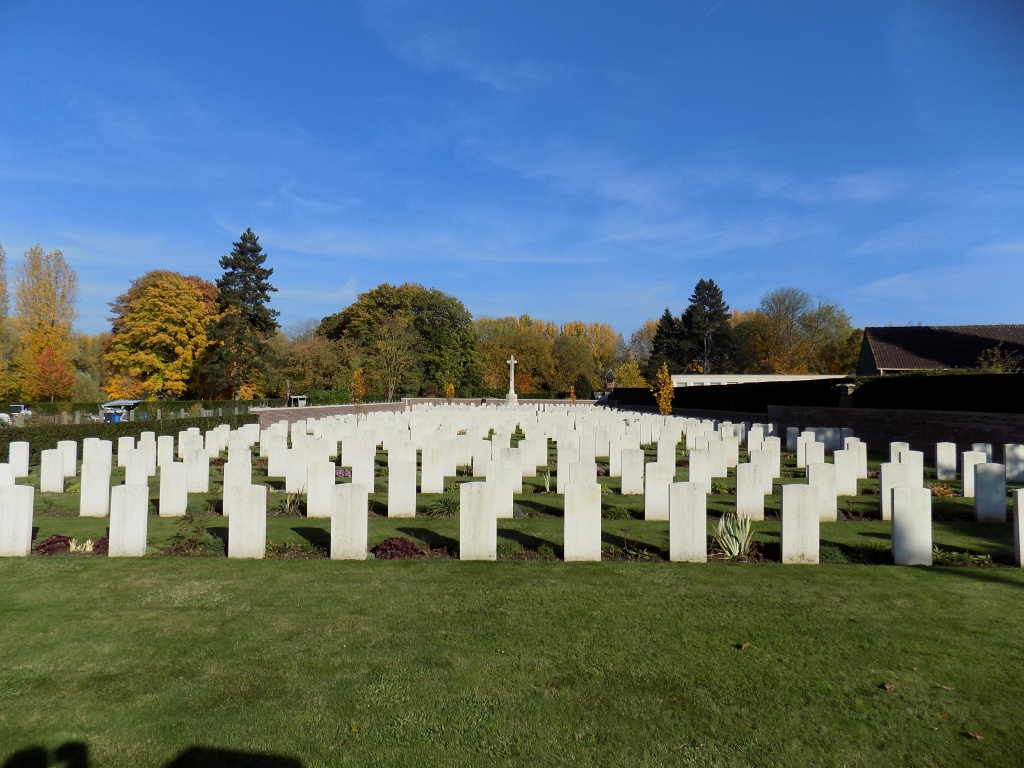Personal Details
Born in Wrexham, Denbighshire, Wales in 1886, the second son of the late Thomas Evans and Ruth Evans of Island Green Cottage, Wrexham, Wales.
James enlisted on 27th October 1905, serving at home and in India and Burma before being posted to the front in France.
James’ brother, John, also lost his life in the Great War. John was married to Alice, who received James’ medals, scroll and plaque and was in receipt of his war pension.
Military Details
Regiment : A Company, 2nd Battalion Royal Welsh Fusiliers
Rank : Private
Service Number : 8932
Died of wounds; France 23 May 1915 Aged 29

The 1914 Star (also known as 'Pip') was authorised under Special Army Order no. 350 in November 1917 and by an Admiralty Fleet Order in 1918, for award to officers and men of the British and Indian Expeditionary Forces who served in France or Belgium between 5 August and midnight of 22–23 November 1914. The former date is the day after Britain's declaration of war against the Central Powers, and the closing date marks the end of the First Battle of Ypres.
The 1914–15 Star (also known as 'Pip') was instituted in December 1918 and was awarded to officers and men of British and Imperial forces who served against the Central European Powers in any theatre of the Great War between 5 August 1914 and 31 December 1915. The period of eligibility was prior to the introduction of the Military Service Act 1916, which instituted conscription in Britain.
The British War Medal (also known as 'Squeak') was a silver or bronze medal awarded to officers and men of the British and Imperial Forces who either entered a theatre of war or entered service overseas between 5th August 1914 and 11th November 1918 inclusive. This was later extended to services in Russia, Siberia and some other areas in 1919 and 1920. Approximately 6.5 million British War Medals were issued. Approximately 6.4 million of these were the silver versions of this medal. Around 110,000 of a bronze version were issued mainly to Chinese, Maltese and Indian Labour Corps. The front (obv or obverse) of the medal depicts the head of George V. The recipient's service number, rank, name and unit was impressed on the rim.
The Allied Victory Medal (also known as 'Wilfred') was issued by each of the allies. It was decided that each of the allies should each issue their own bronze victory medal with a similar design, similar equivalent wording and identical ribbon. The British medal was designed by W. McMillan. The front depicts a winged classical figure representing victory. Approximately 5.7 million victory medals were issued. Interestingly, eligibility for this medal was more restrictive and not everyone who received the British War Medal ('Squeak') also received the Victory Medal ('Wilfred'). However, in general, all recipients of 'Wilfred' also received 'Squeak' and all recipients of The 1914 Star or The 1914/1915 Star (also known as 'Pip') also received both 'Squeak' and 'Wilfred'. The recipient's service number, rank, name and unit was impressed on the rim.
Further Information
Report in the Whitchurch Herald 29th May 1915 regarding the death of James Evans
"Mrs. John Evans, of the Wych, has recently received the following, in reference to the death in action of her brother-in-law, Pte. J. Evans, who has been serving in France with the R.W.F.:
"Dear Mrs. Evans, It is with great regret that I have to inform you that your brother-in-law (Jim) 8932 J. Evans, 2nd R.W.F. has died of wounds this morning. He was wounded last night, the 22nd May; he lived for about eight hours after, but he had no chance from the first. He was hit by a piece of shell in the head. I don’t think he regained consciousness afterwards. I thought I would let you know, as I was one of his chums and we were in the same section, and my home is at Whixall. We were able to have a quiet talk about the old country now and again. Sending you my sincere regret in your bereavement, and from all his comrades; we are all very sorry to lose him as he was a splendid chap. Yours sincerely,
J. DOWNES.
PS - I have been to his funeral today. He was buried in a church-yard a few miles behind the firing line with full honours.""
Whitchurch Herald 29th May 1915
If you can provide any further information on James Evans please get in touch by leaving a comment below, using our Contact Form or by calling in to Whitchurch Heritage Centre.
Information provided by Whitchurch Museum and Archives


